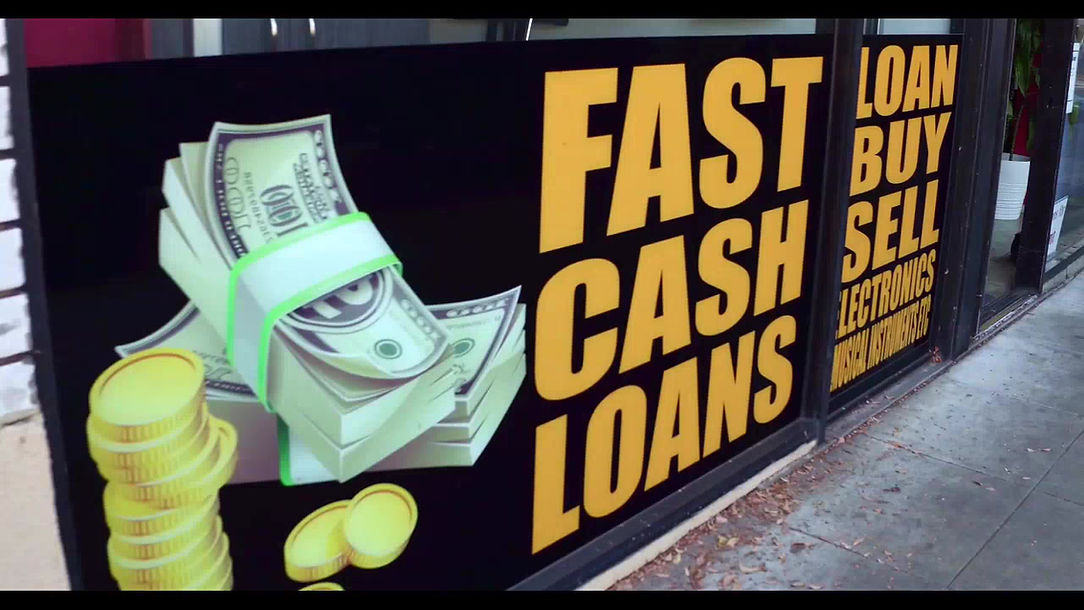How Pawn Shops Operate and What You Should Know
- Smart Cash

- Oct 13, 2025
- 4 min read
Pawn shops have been a part of communities for centuries, offering a unique financial service that combines lending and retail. Whether you are considering pawning an item or just curious about how these businesses operate, understanding the ins and outs of pawn shop operations can help you make informed decisions. This article will explore the basics of pawn shops, how they function, the pros and cons of selling items there, and tips for getting the best value.
What Are Pawn Shop Operations?
Pawn shop operations revolve around a simple concept: providing short-term loans to customers in exchange for personal property as collateral. These shops serve as a bridge between traditional lending institutions and retail buyers. The core of their business model includes three main activities:
Pawning: Customers bring in valuable items and receive a loan based on the item’s worth. The item stays with the pawn shop until the loan is repaid.
Selling: Items that are not redeemed by customers are sold to the public.
Buying: Pawn shops also buy items outright from customers.
Pawn shops typically deal with items like jewelry, electronics, musical instruments, and tools. The value of the item determines the loan amount or purchase price.
How Pawn Shops Assess Items
When you bring an item to a pawn shop, the staff will evaluate its condition, authenticity, and market demand. For example, a gold necklace will be tested for purity, and electronics will be checked for functionality. This assessment helps the shop decide how much money they can lend or offer for the item.

The Process Behind Pawn Shop Operations
Understanding the step-by-step process of pawn shop operations can clarify what happens when you walk into one. Here’s a typical flow:
Item Evaluation: The pawn shop expert examines the item carefully.
Loan Offer: Based on the evaluation, the shop offers a loan amount, usually a percentage of the item’s resale value.
Loan Agreement: If you accept, you sign a contract outlining the loan terms, interest rates, and repayment period.
Collateral Storage: The item is stored securely at the pawn shop.
Repayment or Forfeiture: You repay the loan plus interest within the agreed time to reclaim your item. If you don’t, the shop sells the item to recover the loan.
This process is designed to be quick and straightforward, making pawn shops a convenient option for people needing fast cash.
How Does a Pawn Shop Work?
If you want to dive deeper into the specifics, you can visit this detailed FAQ on how does a pawn shop work to get more insights.

Is It Worth It to Sell at a Pawn Shop?
Many people wonder if selling items at a pawn shop is a good idea. The answer depends on your situation and expectations. Here are some factors to consider:
Speed: Pawn shops offer immediate cash, which is ideal if you need money quickly.
Convenience: The process is simple and requires minimal paperwork.
Price: You might not get the highest price compared to selling privately or through online marketplaces.
Negotiation: There is often room to negotiate the loan or sale price.
If you have an item you no longer need and want fast cash without the hassle of listing it online, a pawn shop can be a practical choice. However, if maximizing profit is your goal, exploring other selling options might be better.
Tips for Selling at a Pawn Shop
Research your item’s value before visiting.
Clean and repair the item to improve its appeal.
Shop around at different pawn shops to compare offers.
Be honest about the item’s condition to build trust.

Common Items Accepted by Pawn Shops
Pawn shops accept a wide range of items, but some categories are more popular and easier to pawn or sell:
Jewelry and Watches: Gold, silver, diamonds, and branded watches.
Electronics: Smartphones, laptops, gaming consoles, and cameras.
Musical Instruments: Guitars, keyboards, and other instruments.
Tools and Equipment: Power tools, lawn equipment, and machinery.
Collectibles and Antiques: Coins, artwork, and vintage items.
Knowing what pawn shops typically accept can help you decide if your item is suitable for pawning or selling.
How to Get the Best Deal at a Pawn Shop
To maximize your benefits from pawn shop operations, consider these practical tips:
Understand the loan terms: Interest rates and repayment periods vary, so read the contract carefully.
Keep your receipts and paperwork: This helps prove ownership and can speed up the process.
Negotiate politely: Don’t hesitate to ask for a better offer.
Redeem your items on time: Avoid losing your collateral by repaying the loan within the agreed period.
Maintain your items: Well-maintained items fetch better prices.
By following these recommendations, you can make the most out of your pawn shop experience.
Final Thoughts on Pawn Shop Operations
Pawn shops provide a valuable service by offering quick loans and a marketplace for used goods. Whether you need emergency cash or want to sell an item, understanding how pawn shops operate can help you navigate the process confidently. Remember to evaluate your options, know your item’s worth, and choose the best approach for your financial needs.
Pawn shops are more than just places to sell or pawn items - they are part of a larger financial ecosystem that supports many people in times of need. With the right knowledge, you can use pawn shops to your advantage and make smart financial decisions.


























Comments